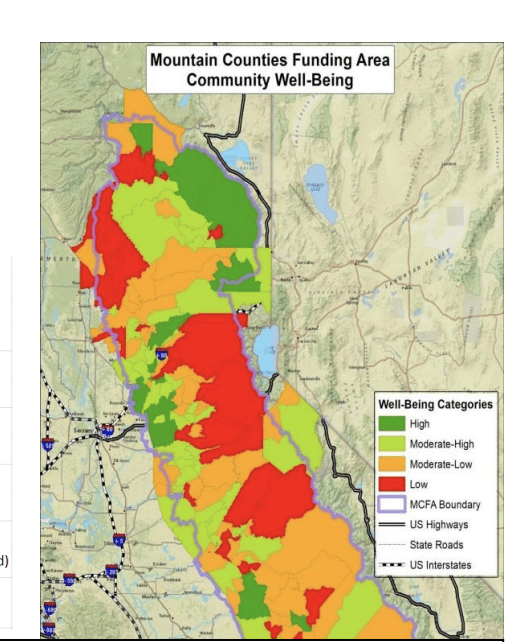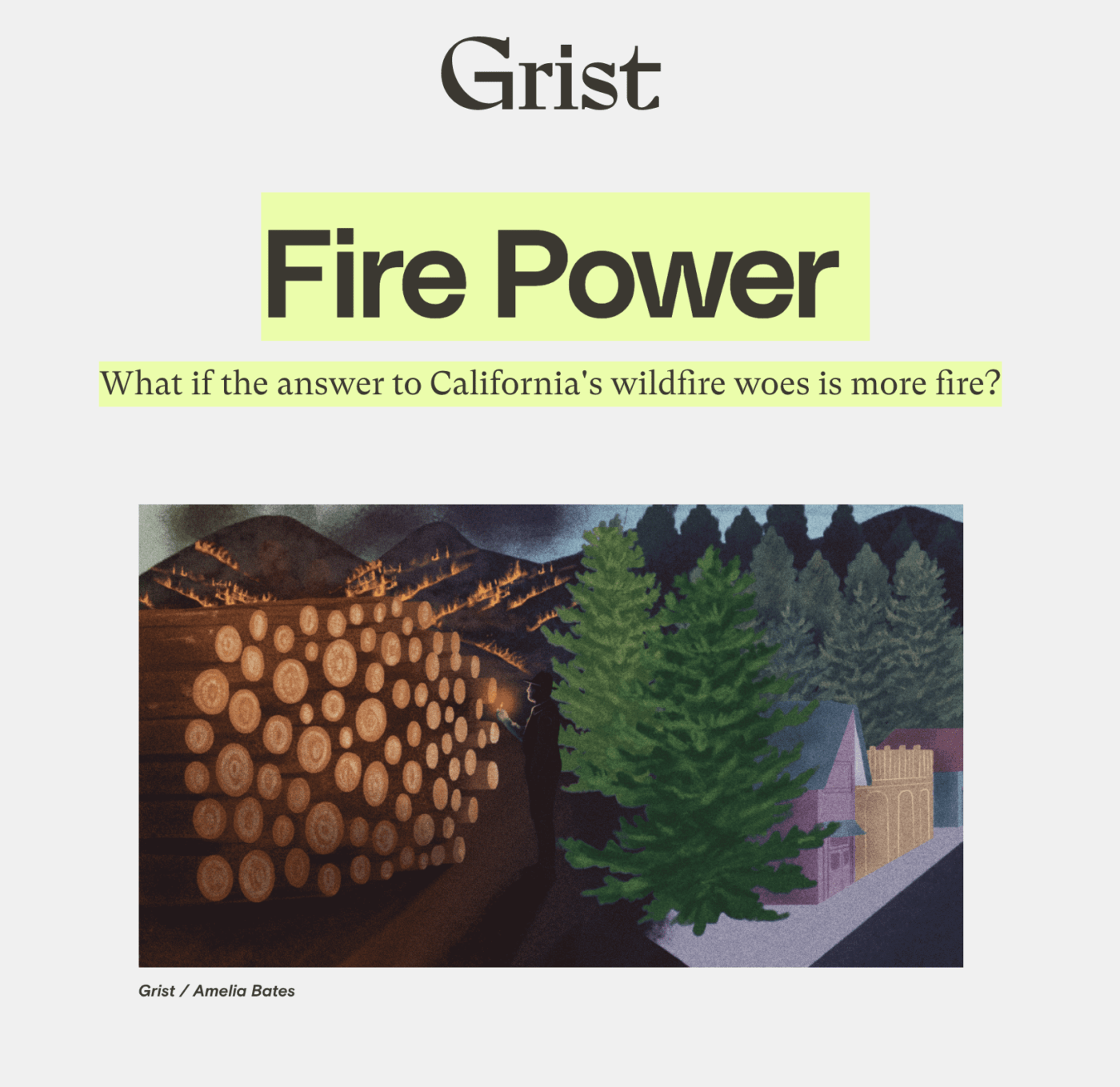Request for Proposals is Now Open
INTRODUCTION:
The Taylorsville Community Defense Zone (TCDZ) project was developed by Sierra Institute in collaboration with private landowners and the Taylorsville Firewise Committee. The TCDZ project will utilize forest thinning and fuels reduction to create a strategic shaded fuel break around the community of Taylorsville.
The TCDZ Project consists of 238 acres of forest owned by a collective of nine private non-industrial forest landowners. The anticipated prescription includes ~ 73 acres of mechanical thin and ~165 acres of hand thinning.
MANDATORY PRE-BID TOUR:
Date: Tuesday, May 7th, 2024
Time: 10:00 am - 2:00 pm
Meeting Location: Sierra Institute's offices 4438
Main St. Taylorsville, CA.
BID DATE
The contractor shall provide a bid no later than May 16, 2024 at 5:00 pm.
Bids can be submitted at:
Sierra Institute for Community and Environment, PO Box 11, Taylorsville, CA 95983, ATTN:
Danielle Berry; emailed to dberry@sierrainstitute.us; or delivered to Sierra Institute’s offices
located at 4438 Main St. Taylorsville, Ca, 95983.
ADDENDA
Any addenda to the RFP will be posted here.
Please Direct Questions to:
Danielle Berry, Sierra Institute Stewardship Project Manager
Phone:(530) 284-1022// Email: dberry@sierrainstitute.us
Tony Charbonnier, Partnership Prep Forester
Phone: (530) 284-1022 // Email: tcharbonnier@sierrainstitute.us
Climate Now Podcast Released: Is there a profitable approach to carbon capture and storage?
A Sawmill Comes to Crescent Mills
Unconventional partnership between local logging company and nonprofit brings hope to Dixie Fire survivors.
The Sierra Institute just announced that they have purchased a sawmill that will change the dynamics of Dixie Fire restoration and forest management across Plumas County.
“With tens of thousands of trees burned, what better way to use them than to rebuild the town of Greenville,” said Executive Director of the Sierra Institute, Jonathan Kusel.
Given their longtime efforts, the Institute was hoping to recruit businesses in the coming years to manufacture wood products at an old Louisiana Pacific mill site, referred to as the Indian Valley Wood Products Campus. These efforts have quickly moved forward as a result of the Dixie Fire.
Sierra Institute is partnering with longtime local partner J&C Enterprises who will run the mill.
The mill will bring jobs to the community and ensure local lumber availability. Importantly, it will provide lower cost lumber to the community, reducing the burden on residents who might otherwise not be able to afford to rebuild.
Kusel noted that the Institute was able to redirect grant funds with support of the Sierra Nevada Conservancy to purchase the mill.
We Just Released New Research
Read the Press Release DACTI Press Release FINAL 7.20.21
On April 26th, 2021 Jonathan was a featured speaker for the UC Berkeley Forestry Department:
In this video, Dr. Jonathan Kusel, Executive Director and Founder of The Sierra Institute for Community and Environment discusses how increasing woody biomass utilization can contribute to forest, watershed, and community restoration.
On March 4th, 2021 Jonathan was a featured speaker/panelist at CalForward:
California’s wildfire crisis continued its destructive march in 2020, leading to the state’s largest wildfire season on record. Building on the principles of California’s Wildfire Crisis: A Call to Action, we must work to shift the state’s primary focus from reactive fire suppression and recovery to the proactive reduction of risks and restoration of resilient forests, watersheds, working landscapes, and ecosystems.
On March 8, 2021, Jonathan was a key speaker at the Watershed Improvement Forum Sponsored by the Sierra Nevada Conservancy:
The Forum focused on how a restoration economy in the Sierra Nevada region could reduce wildfire risk, support forest health, bring back livable wage jobs, promote entrepreneurship, and help achieve the state’s climate goals. This summit presented a vision of how a restoration economy could be established in the Region and the resources necessary to make it a success.
On February 25th, 2021 Sierra Institute hosted our biannual SCALE Meeting:
Our most recent meeting (Winter 2021) covered the landscape, community, and tribal impacts of the 2020 wildfire season. Through discussions and talks with a wide variety of speakers and panelists, we covered topics ranging from healing in the wake of traumatic wildfire, to the importance of equity and inclusion of tribal voices in postfire restoration work and opportunities. Together, we started important conversations in navigating postfire landscapes, and will only continue to expand on these discussions in the future.
Why Our Work Matters
CLT Rising in Greenville Plumas Sun
More of California’s forest carbon is going up in smoke. Sierra Nevada Conservancy
2020 megafires create risks for California’s water supply. Sierra Nevada Conservancy




